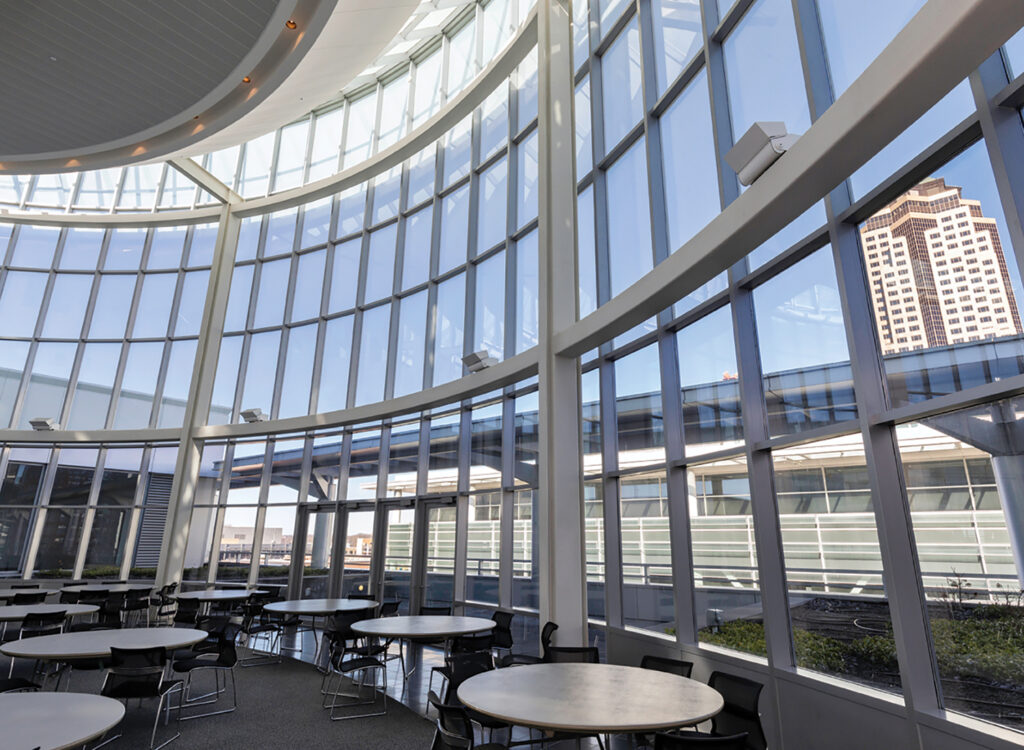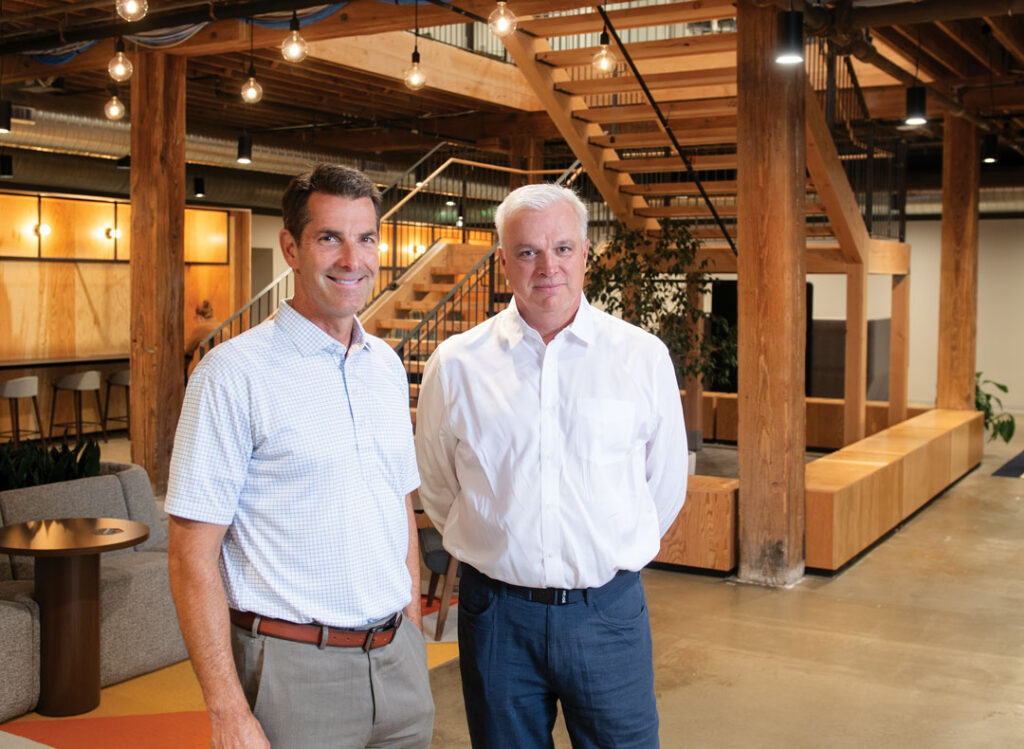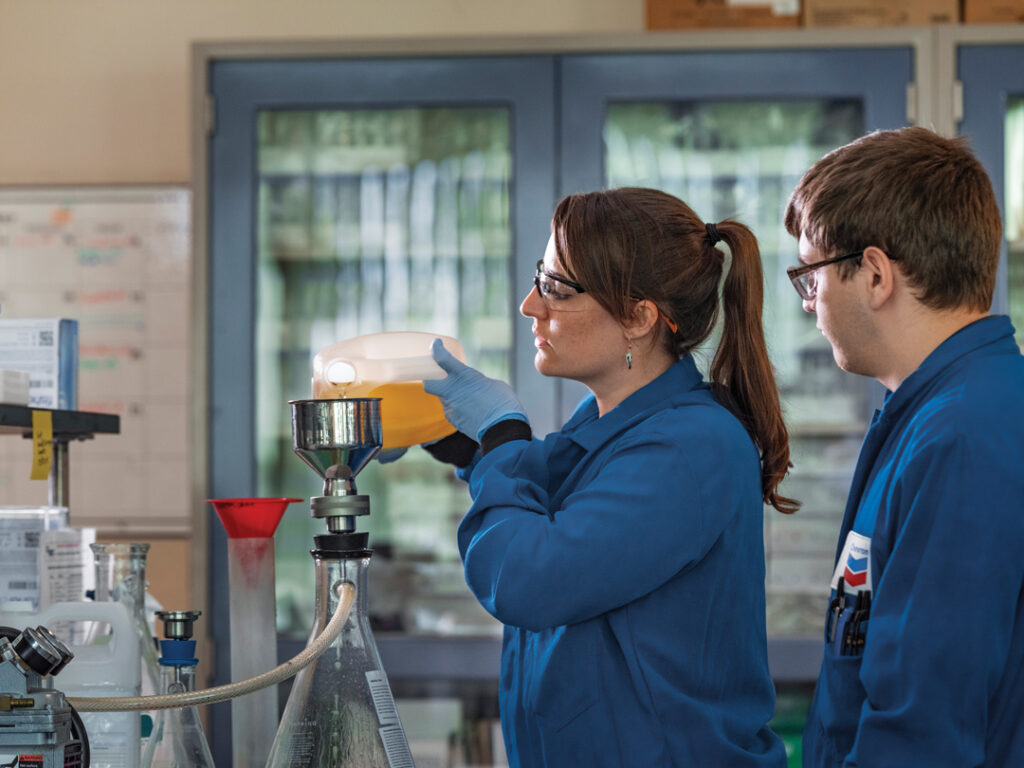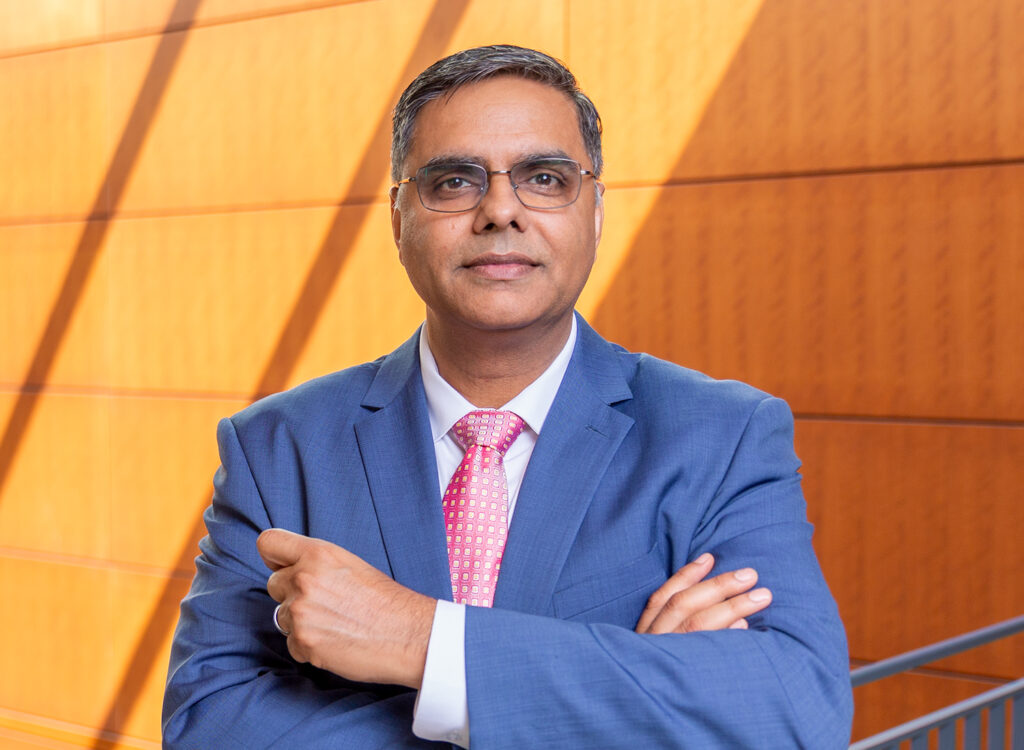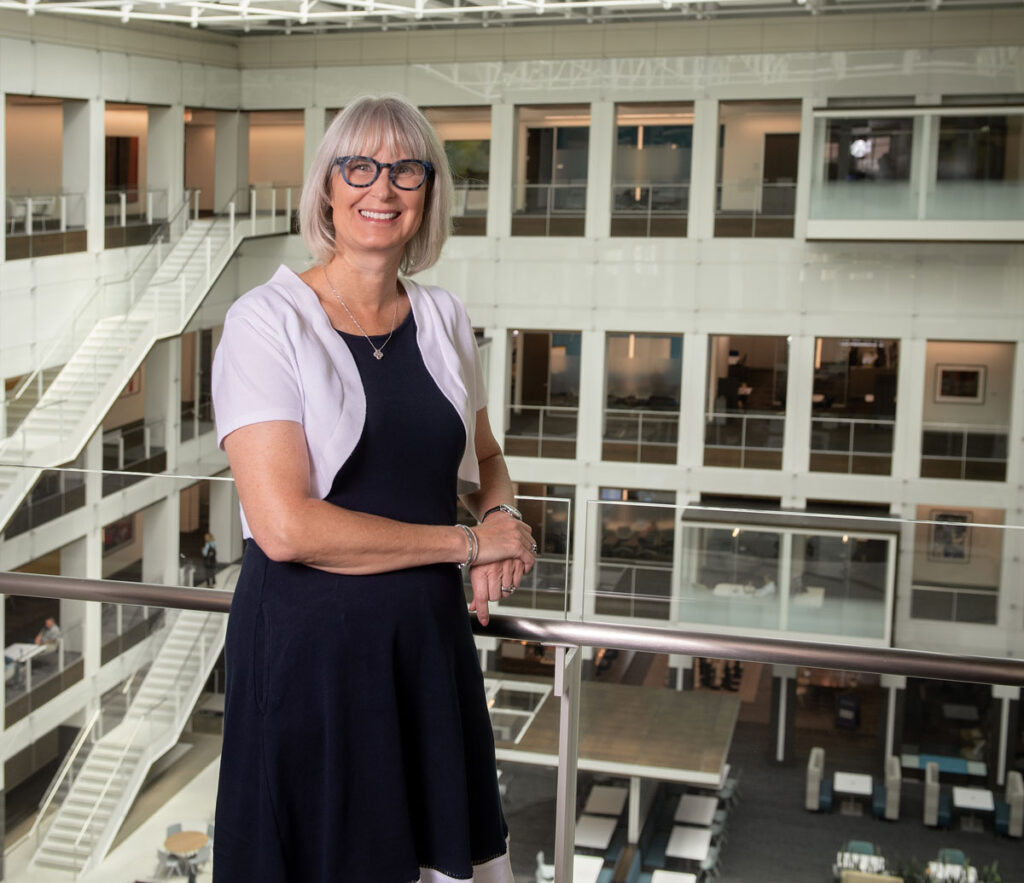NOTEBOOK: Grinnell Prize winner: It’s not just about reducing your carbon footprint

PERRY BEEMAN Oct 9, 2018 | 4:18 pm
2 min read time
574 wordsBusiness Record Insider, The Insider NotebookMelanie Marcel, this year’s winner of the $100,000 Grinnell College Innovator for Social Justice Prize, runs SoScience in Paris and spends her days trying to match companies with nongovernmental organizations and others who are trying to solve the world’s problems.
“We specialize in responsible research and innovation. It’s how you can use science, technology and innovation to answer social and environmental problems,” said Marcel, an engineer by training who decided she wanted more to say about how research was used in the field.
For example, one of her colleagues runs a company that uses a fungi-based product that greatly increases moisture levels in soil. Farmers get some samples free, and when their crop yields rise, they have the money to buy the product. And their incomes rise, Marcel said in an interview on the Grinnell College campus last week.
Marcel acts as a consultant to companies and governments, and holds seminars through SoScience (www.soscience.org).
The idea is to up the game on sustainability. “The classic behavior for a company is to say, ‘We will reduce our negative impact.’ So that might be using less energy, or using less water, or generating less waste. We are trying to change the mindset of the company to really show them that it’s possible to create positive impacts inside your core business.”
Sometimes the companies discover they can create wholly new products that address issues.
For example, she worked with a car manufacturer that learned that 10 percent to 30 percent of all food produced in sub-Saharan Africa and in Southeast Asia is lost because those areas lack refrigeration. So the company looked at developing a vehicle with refrigerated storage on it.
Another company, G. Healthcare in India, came up with a medical device that could be run on inexpensive batteries so it could be used in rural areas, and not just in urban hospitals.
The companies solve a problem, and they make money doing it, Marcel said. “You are going to create this new product, and of course you are going to sell it in order to solve the social issue. But you can see you can have commercial success and you can sell it as a normal product that you add to what you do.”
Marcel got into all this after her early work in wave physics and neuroscience. She was working on brain-machine interfaces. She designed electrodes that could be implanted in the brain to link neurons and a computer. She hoped one day to come up with a system that would make a prosthetic arm function even more naturally by communicating with the brain.
She took a job with a Japanese telecommunications company that seemed more interested in being the first to design a cellphone that could be implanted in the brain — not exactly what Marcel was after. So she created her own company to address social issues with science.
“It’s a change of mindset. It’s about solving a problem you might not have created in the first place,” Marcel said.
Another company she has assisted makes low-cost flooring, recycling 90 percent of materials when floors are replaced, for example.
Her colleague visited Grinnell College last week, Jean-Francois Daniel of Reverdir (www.reverdir.org), a company that is working on soil moisture and other agricultural issues. His company works on a fungi-based additive that keeps moisture in soil and adds nutrients. He is working on adapting the product for 14 different biomes in the world.




